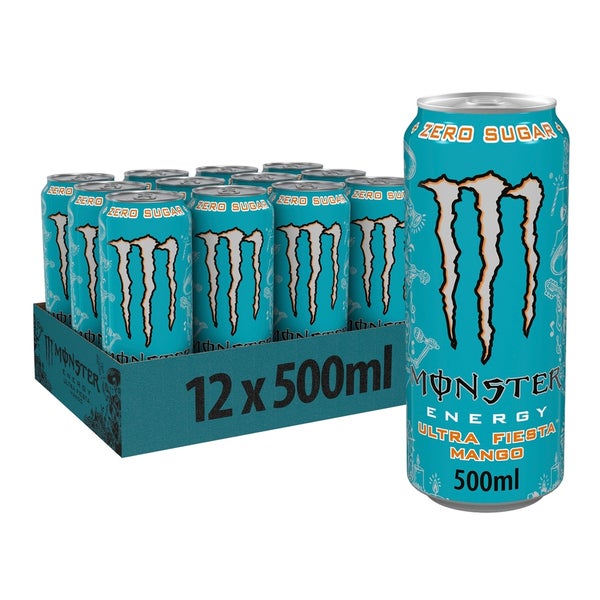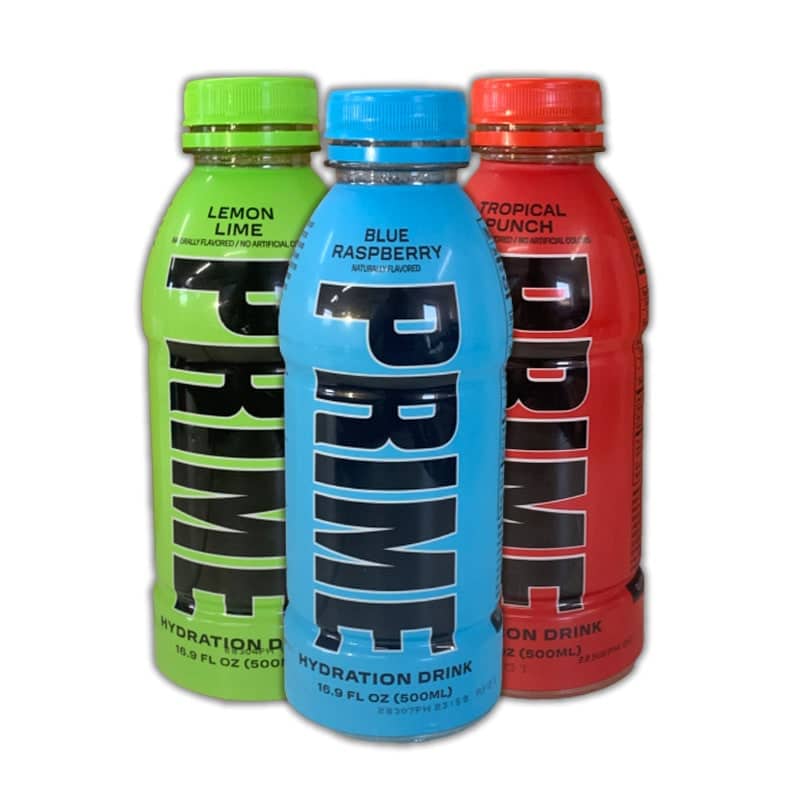What Are Energy Drinks and Their Common Ingredients?
How many energy drinks a week is safe? Energy drinks are blends of sugars, vitamins, and stimulants. They aim to boost energy and focus. Common ingredients include caffeine, B group vitamins, and amino acids like taurine. Unlike sports drinks, energy drinks have caffeine, which is their key stimulant. Legal limits require warnings for drinks with high caffeine per litre. Some brands reformulated their drinks to reduce sugar after a sugar tax law.

The Role of Caffeine and Sugar in Energy Drinks
Caffeine combats fatigue and sharpens focus. Most energy drinks contain about 80-200mg per serving. This is comparable to two to five cola cans. Caffeine can enhance memory and performance when mixed with glucose. Energy drinks are also high in sugar which can lead to health issues over time. For example, a single energy drink can have up to 13 teaspoons of sugar.
The Rise of Energy Drinks in Youth Culture
The popularity of energy drinks among younger generations has seen a significant rise. Brands like Red Bull and Monster have become staples in various youth sub-cultures. Today, these beverages often mix with alcohol at parties. They also serve as quick solutions for staying alert during intense study sessions or prolonged gaming.
The Popularity Trend and Associated Risks
Energy drinks are especially popular with millennials and Generation Z. A large percentage of these groups reports regular consumption. Despite their appeal, these drinks carry potential health risks. High caffeine and sugar content can lead to serious health conditions if consumed excessively. Mixing these drinks with alcohol, a common practice among youth, increases these risks further. Recognizing the allure and risks linked to energy drinks can help in making informed choices about their consumption.
The Debate on Energy Drink Effectiveness
The effectiveness of energy drinks remains hotly debated in nutrition and health arenas. These drinks boast enhancements for both physical and mental capabilities, attracting consumers eager for a performance edge.
Enhancing Physical and Mental Performance
Energy drinks often claim to boost focus and increase energy levels. They are designed to enhance mental alertness and improve response times. Muscles may also benefit from the temporary rise in glucose from these beverages. Many users report feeling more awake and able to tackle tasks with renewed vigor.
However, reports on the success of such drinks are mixed. Some individuals experience a noticeable uplift in stamina during activities like workouts or studying. Others find the impact minimal or short-lived. The variation in responses could be due to each person’s unique physiology or the specific combination of ingredients in a beverage.
The Inconsistent Evidence Behind the Benefits
While many users swear by the benefits of energy drinks, scientific evidence does not always agree. Some studies do show improvements in areas like memory and aerobic endurance with caffeine consumption. Yet, these studies may not reflect the broader population or long-term effects.
Other research fails to find any substantial gains in performance or onset of fatigue from these products. Furthermore, the body creates a tolerance to caffeine. This means frequent users of energy drinks might not feel the effects as strongly over time. Considering the mixed findings, the energy drink debate remains unresolved.
In conclusion, the claims of energy drinks boosting performance are debatable. Some evidence supports improvements in focus and energy, but consistent and long-term benefits are uncertain. When considering consumption, it’s essential to weigh both anecdotal experiences and scientific research.
Health Implications of Regular Energy Drink Consumption
How many energy drinks a week is safe? Consuming energy drinks regularly may bring some negative health impacts. It is crucial to understand the potential risks associated with their ingredients, mainly caffeine and sugar. These ingredients, when consumed in high quantities, can be detrimental to your health. Identifying these risks can aid in making more informed choices about consuming energy drinks.

The Negative Effects of Caffeine Overconsumption
High intake of caffeine can lead to several health issues. Too much caffeine may cause jitteriness, anxiety, heart palpitations, and increased blood pressure. Consistently high levels of caffeine can contribute to more severe health complications, such as cardiovascular problems. Caffeine overconsumption can also interfere with sleep patterns, leading to sleep disturbances and insomnia. The effects vary among individuals, but the risks increase with the amount consumed.
Sugar Content and Its Long-term Health Risks
Energy drinks often contain high levels of sugar, which can pose long-term health risks. Regular intake of sugary drinks can lead to weight gain and increase the risk of type 2 diabetes, heart disease, and other chronic conditions. Even more, consistent high sugar intake affects dental health, potentially leading to cavities and decay. Understanding these risks can help manage and potentially reduce the consumption of energy drinks to safeguard health.
Specific Brands and Their Potential Health Impact
Energy drinks vary widely in terms of ingredients and potential health impacts. Three popular brands, Prime Energy, Red Bull, and Lucozade, have distinct formulations that influence their safety and effectiveness. It is crucial to examine each to understand their specific health implications.
Examining Prime Energy, Red Bull, and Lucozade
Prime Energy often markets itself as a blend of electrolytes, caffeine, and vitamins. Each 330ml can of Prime Energy contains 140mg of caffeine. This brand also includes taurine and glucuronolactone, ingredients known for their energy-boosting effects. However, the caffeine content may make it less suitable for individuals with lower body weight or those sensitive to stimulants, leading to potential sleeplessness or anxiety.
Red Bull, known for its slogan ‘gives you wings,’ provides 80mg of caffeine per 250ml can. It includes taurine and B-vitamins. While moderate consumption can enhance mental performance and mood, excessive intake could lead to serious health issues. The presence of sugar, unless opting for the ‘Zero’ version, adds an additional health consideration.
Lucozade, originally a glucose-based drink, now offers versions with less sugar and added sweeteners. A typical bottle contains around 46mg of caffeine. Known for its energizing effects, Lucozade’s reformulated drinks also contribute to hydration but should be consumed in moderation due to additives that might induce hyperactivity in children.
Each brand presents a unique set of benefits and risks. Consumers should consider their personal health conditions and consult healthcare professionals when necessary. The information above outlines the key components and advises on the potential impacts on health due to their consumption.
Safe Consumption Guidelines for Energy Drinks
Navigating the world of energy drinks involves understanding safe consumption levels. Each person’s response to ingredients like caffeine and sugar can vary. Thus, setting general guidelines helps promote safer consumption practices across different groups.
Recommendations for Different Population Groups
Different population groups need tailored advice for energy drink consumption:
- Children and adolescents: They should avoid energy drinks due to developing bodies and potential impacts on growth and mood.
- Adults: Healthy adults can consider moderate use. They should not exceed 400 mg of caffeine daily.
- Pregnant and breastfeeding women: Limit caffeine intake to less than 200 mg per day. Avoid energy drinks with high sugar.
- Individuals with health issues: Those with cardiovascular diseases or anxiety disorders should avoid these drinks.
Consulting a healthcare provider is best before starting any regular consumption of energy drinks.

Tips for Moderate and Responsible Consumption
To safely enjoy energy drinks, consider these tips:
- Monitor the intake: Keep track of how many energy drinks you consume weekly.
- Look at labels: Always check labels for caffeine and sugar content.
- Balance with water: Drink plenty of water to counteract dehydration from caffeine.
- Avoid mixing: Do not mix energy drinks with alcohol as it may increase health risks.
- Time consumption wisely: Avoid energy drinks close to bedtime to prevent sleep disruption.
By following these guidelines, individuals can enjoy the benefits of energy drinks while minimizing potential risks.
